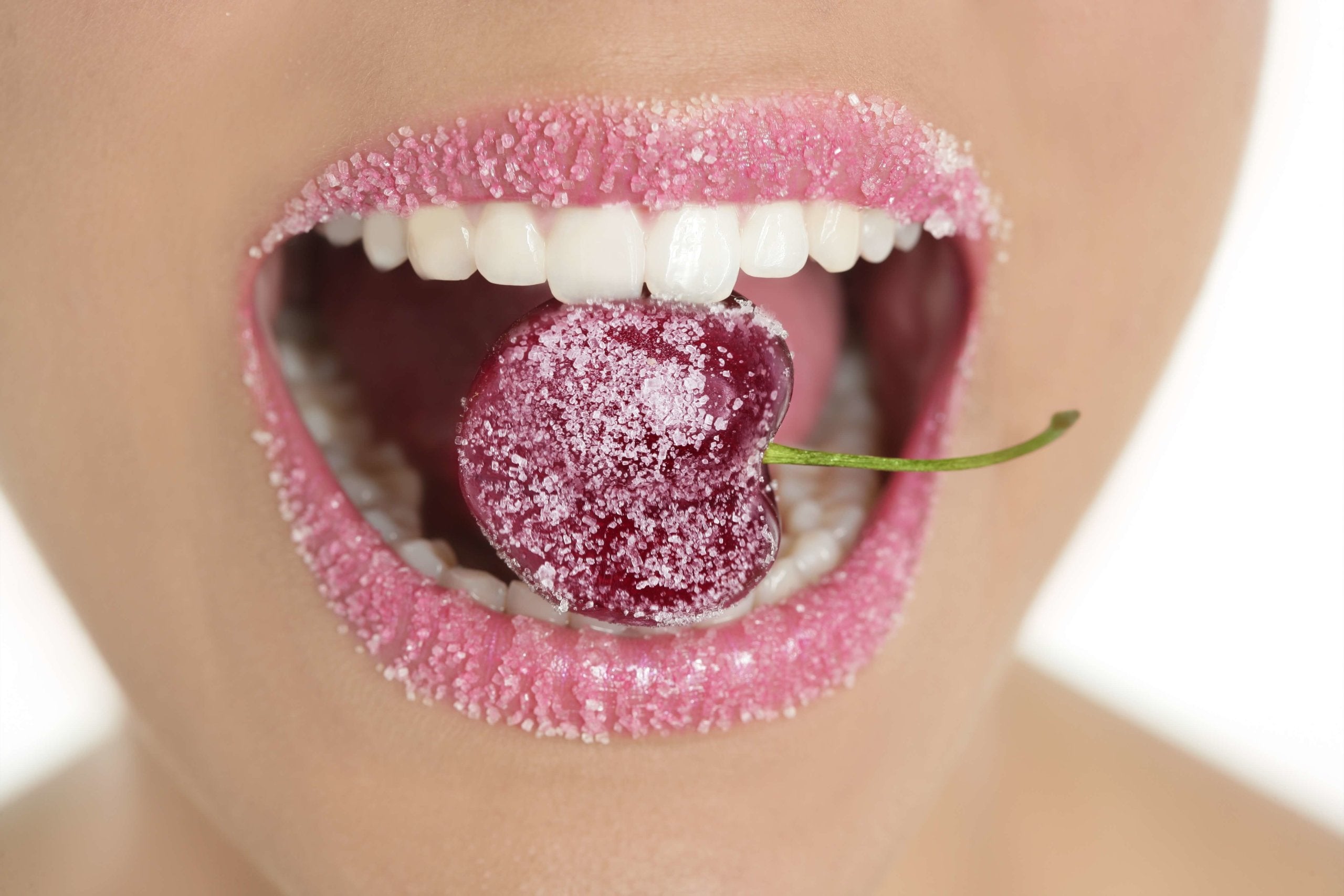
Choose Diet For Healthy Teeth and Do Not Ruin Your Smile
When you begin a new diet, you do so with your waistline in mind, not your teeth and gums. However, any weight-loss diet has the potential to affect your dental health, whether positively or negatively.
After all, your teeth touch everything you eat and drink. Depending on your choices, this can either protect and strengthen your teeth or weaken them over time.
In this article, we’ll discuss how diet affects your teeth and gums, good habits to get into if you want to avoid dental health problems, and a handful of tips to get you on the right track.
How diet negatively affects your teeth and gums
Diet can affect your teeth and gums in two ways: Structurally and superficially. Certain foods will weaken your teeth whereas others will simply stain them.
Structural impact
Some of the most popular diets and ingredients are those that can cause deficits that weaken your teeth over time. These diets include:
- Low-fat diets − low-fat diets can compromise the body’s ability to absorb fat-soluble vitamins, including vitamins A, D, E, and K. Vitamin D is particularly important for your teeth because it helps the body absorb calcium, which in turn strengthens your teeth.
- Low-calorie diets − low-calorie diets mean that regardless of what you’re eating, you’re eating less of it. This means that even if you’re eating healthily, if you aren’t eating enough, you’re going to suffer vitamin and mineral deficiencies that can weaken your jawbone, soften enamel, or weaken your gums, exposing you to disease, cavities, and other problems.
- Refined sugar − refined sugar is more of an ingredient than a food but it’s lurking in many sweet treats and even in processed snacks! You can find it in soft drinks, candy, cookies, pastries, and other, less obvious, places. The issue is that refined sugar forms an acid once it encounters bacteria in the mouth. It’s important to read food labels to ensure you aren’t consuming too much added sugar.

Superficial impact
Tooth enamel changes as you get older and stains can get into the cracks and crevices that form over time. There are three main compounds and substances to watch out for when you want to prevent staining:
- Chromogens − compounds with strong pigments that cling to enamel.
- Tannins − plant-based compounds that make it easier for stains to stick to teeth.
- Acids − acids soften and roughen tooth enamel, allowing stains to set in more easily.
You already know that if you drink too much coffee or wine your teeth aren’t going to be as white as they could be. However, there are some unexpected foods that can also stain your teeth, including:
- Tomatoes (and tomato products) − tomatoes may not seem like they will stain your teeth, but they will due to their high chromogen content. The acidity of tomatoes, combined with the bright red hue, makes it more likely that your teeth will stain over time.
- Berries − berries are another deep-hued food that can stain your teeth because they’re high in chromogens. Whether you choose to eat them whole, drink juice, or use them in jam, it’s important to brush your teeth immediately after consuming berries or to drink water to rinse the potential stains away.
- Citrus and acidic fruits − citrus fruits can also cause staining. They erode the enamel and expose the dentin, or the tissue beneath the enamel. This gives teeth a yellowish hue.
Read: 4 Food Swaps That Will Flatten Your Belly In A Week >>
Diet For Healthy Teeth and Gums
From both a structural and a superficial health perspective, diet can affect teeth and gums positively when you make the right choices. Ironically, these are the same foods that are rich in vitamins and minerals, keep you healthy, and promote weight loss.
These foods include:
- Fibrous fruits − pears and apples are two fruits with a high fiber content that may help brighten your smile. They boost saliva flow, keeping teeth clean, and actually scrub the surface of the teeth. Of course, fruit contains sugar, so it’s still important to brush your teeth after eating fruit.
- Nuts − nuts are a healthy source of fats that can give weight loss a boost. Because of their high protein content, nuts are also a simple way to keep teeth strong.
- Water − water may not seem like part of your diet, but it’s a foundational element when you’re trying to lose weight. Specifically, fluoridated water is essential in preventing tooth decay over time. So next time you reach for that soda, grab a water instead.
Boost your dental health with 3 quick diet tips
With the above in mind, it’s important you take steps daily to promote teeth and gum health. Doing so is simple with a few quick tips you can incorporate into your daily schedule.
- Stay hydrated − water not only strengthens your teeth with fluoride but it keeps your mouth clean by rinsing away the leftover food and other residue left behind by eating and drinking. Because it’s calorie-free, it’s also a great way to give your otherwise healthy habits an additional boost.
- Eat a variety of real foods − real foods include whole grains, fruits, vegetables, lean protein, and low fat dairy products. By consuming these nutrient-dense foods, you can strengthen teeth while slimming down your waistline.
- Limit snacking − snacking can be hard on your teeth because less saliva is being released, leaving more residue on your teeth, which can cause decay. If you do snack, eat healthy foods like fruits, vegetables, or maybe a piece of cheese. Save the heaviest food consumption for meal times so that excess saliva can wash food from the mouth and lessen the harm caused by acids.
Give your smile a boost with a healthy, well-balanced diet
When you diet, it’s unlikely that you do so to give your smile a boost. However, a diet rich in real foods and water and a focus on meal times is the simplest way to ensure your smile doesn’t dull due to food staining or decay.
Read: What Can We All Learn From The Ed Sheeran Vodka Diet? >>




